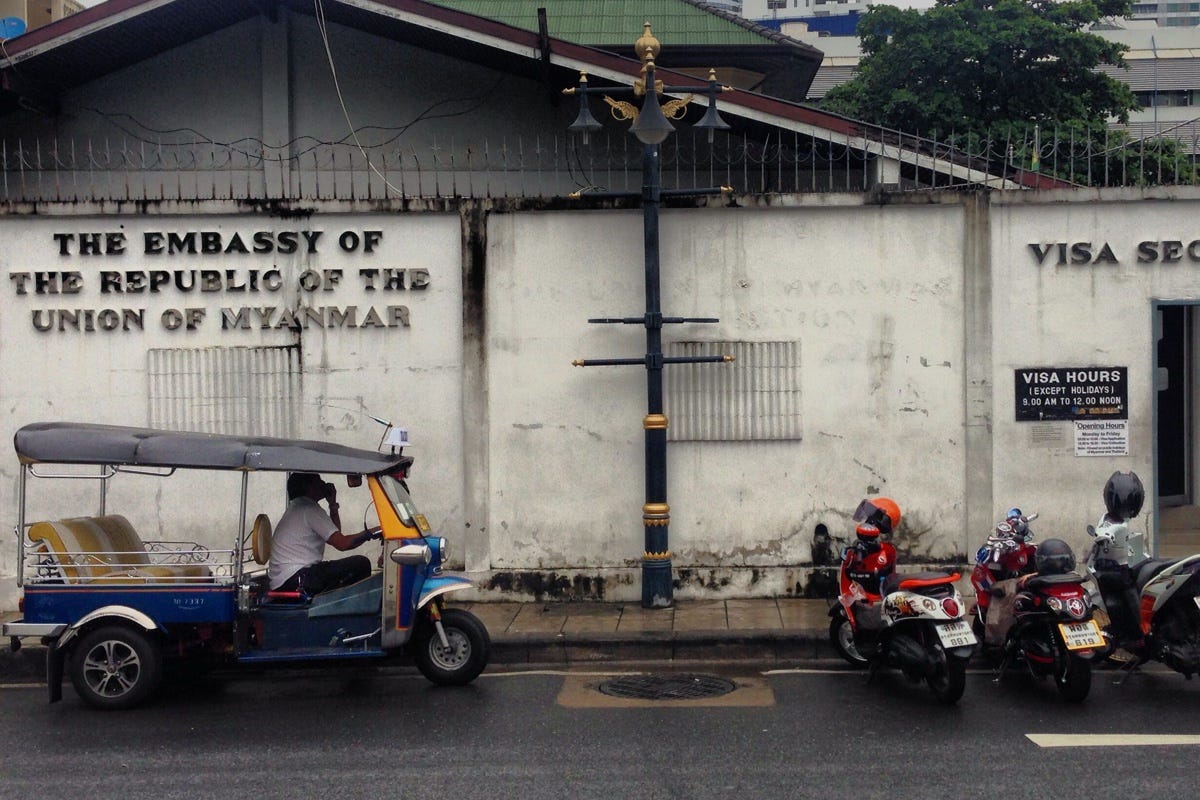I’ve written before about how I feel that Covid19’s 18 months of hiatus has been a missed opportunity. That this was the once in a lifetime chance to rethink how tourism works, who it benefits, and why it happens. Going on the headlines, it seems many could think of nothing better than getting back to 2019’s heady days ASAP. This is a mistake.
Given it is clear the industry and destinations are unable to reform, I present six things for them to do. Note this is only a very brief list!
1. Here for a good time, but not a short time
All tourist visas should demand a stay of at least a week (six nights). One night stays must become a thing of the past. Per kilometre, flights of under 700 km are the worst. Popping down from KL for a weekend in Singapore? No more sorry.
If you absolutely must stay under a week, then you’ll need to pay a significant departure tax. I’d say something around the US$100 per day for each day early you want to leave. So if you plan on staying only one night, your departure tax will be US$600.
There’s no bus to Kathmandu. Photo: Stuart McDonald.
Why?
Short fly-in-fly-out visits have the heaviest overall costs when averaged over the length of your stay. Think carbon emissions from your flight, the airport you landed at (Changi’s Jewel—you know, the waterfall thing with an airport attached, cost S$1.7 billion), the transport you used to get to your hotel (Thailand’s rail link to Pattaya is estimated to cost US$7.4 billion). All that for a night out on the suds. No more.
2. Love you long time
This one is from the giveth and taketh away file. While destinations should instil a minimum stay, they also must allow for a far longer stay. This should be on the same tourist visa—no trips to immigration for pointless paperwork. I think four months is a good starting point.
More time in-country, less time like this. Photo: Stuart McDonald.
Why?
Think the previous point in reverse. The longer you stay, the lower your average out cost of the points I mentioned above. Plus, obviously, in staying longer, you’ll spend more money in-country and travel farther afield—the real quality tourists!
3. The best things in life are not free but are worth waiting for
Personally, I hate tourist visas. I think they’re an outdated layer of bureaucracy that serves close to zero use. That said, if you’re going to have visas, charge for them. I’d charge US$40 (which is what Bhutan charges), but I’ll leave that one to countries to figure out.
Divide the fee 50/50 between the government and an independent and transparent development fund. You could go wild and crazy and offer tourists the opportunity to choose what they fund. For instance: environmental protection, education for disadvantaged groups, tree-planting or developing biodegradable dayglo body paint. Related to this, ban all double-pricing.
Also, this whole pesky visa on arrival thing? Get rid of it. All tourist visas must be applied for and paid for a month in advance. Offer the visas online in an easy to use fashion. Yes I know, I’ve seen regional immigration websites, and I know what a big ask this is. Dream a little.
Online please. Photo: Stuart McDonald.
Why?
Tourism brings with it costs beyond the passed out bodies at a Full Moon Party. Catering to tourism has clear and well documented environmental and social costs. It is only fair that tourists contribute towards cleaning up their mess. This is my thinking behind the fund idea rather than it just going into government coffers.
The month in advance requirement? Booking in advance helps with people management. A destination airport would know exactly how many tourists were arriving a month out, which, I would guess, would present cost-saving opportunities. The month-in-advance would also cut down on frivolous travel—and flights.
4. Pushing tin
All those planes offering flights cheaper than a kebab? That ends now. Mandate that all flights cannot be cheaper than the same by ground transport. Oh and more taxes please, though it is somewhat complicated. One more, foreign tourists must pay a surcharge to fly domestically—doubly so when it is easy to use public transport.
Confession: This was my Bali to Bangkok flight when I went there for two nights to catch up with a friend. Photo: Stuart McDonald.
Why?
Around 75% per cent of tourism’s carbon emissions are transport-related. Of that, about 40% is flight-related. Bear in mind that the vast majority of tourism is local—and doesn’t involve getting on a plane. So this is about taxing the “few” who are doing by far the most damage.
5. You can check out but you can never leave
A moratorium on all hotel construction should be enacted immediately. Then, in consultation with the industry, a capacity benchmark should be agreed upon. By this I mean, no more hotels till the existing ones are at 60% or 70% (or whatever). Hotels that are never going to reach 60% should be levelled and the blocks turned into public parkland and shared space.
To be fair this is an abandoned pool club—is about 250 metres from an abandoned hotel. Photo: Stuart McDonald.
Why?
Covid19 gave us an oversupply of abandoned, cheap, poorly maintained, cookie-cutter hotels. These are a blight on the landscape and in some cases a public health risk. It could be a decade before some of them re-open—if ever. Refurbish them or level them—I don’t care which, but sort them all out before you even think of building any new hotels.
6. Not in my backyard
Local communities should have veto rights on any development aimed at tourists. Anything.
Bali’s legendary Canggu shortcut. Photo: Stuart McDonald.
Why?
I really need only one word to explain this bit: Canggu.
So, there you go, my top six ideas. Yes, if even some of these were acted on the number of tourists would drop, but, well, that’s the point. I can’t see any of these ever being acted on, but sometimes it is good to get this stuff down on paper.
Couchfish is 100 per cent independent and reader-supported. If you’re not already a subscriber, and you’d like to show your support, become a paying subscriber today for just US$7 per month—you can find out more about Couchfish here—or simply share this story with a friend.
Don’t forget, you can find the free podcasts on Apple, Pocket Casts and Spotify as well as right here on Couchfish.
















